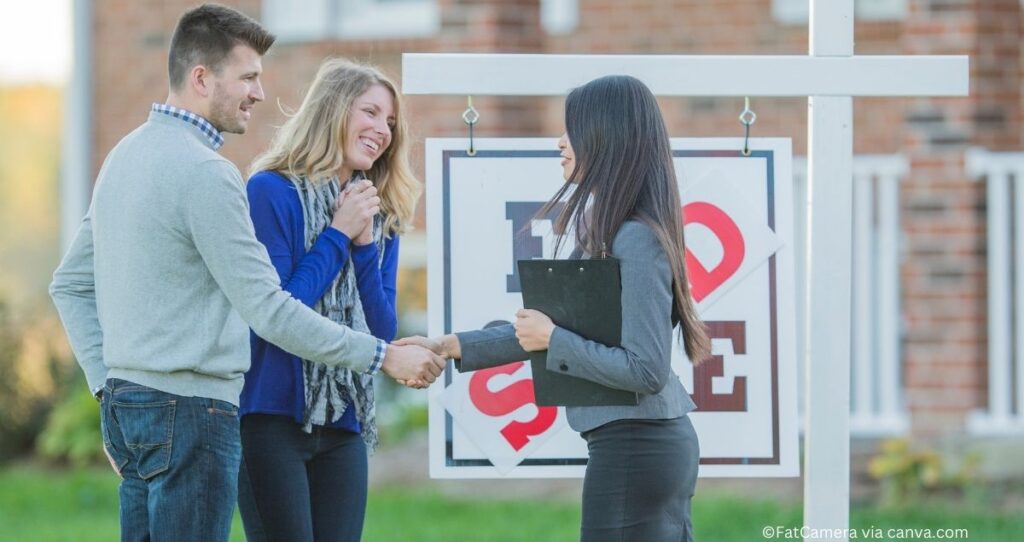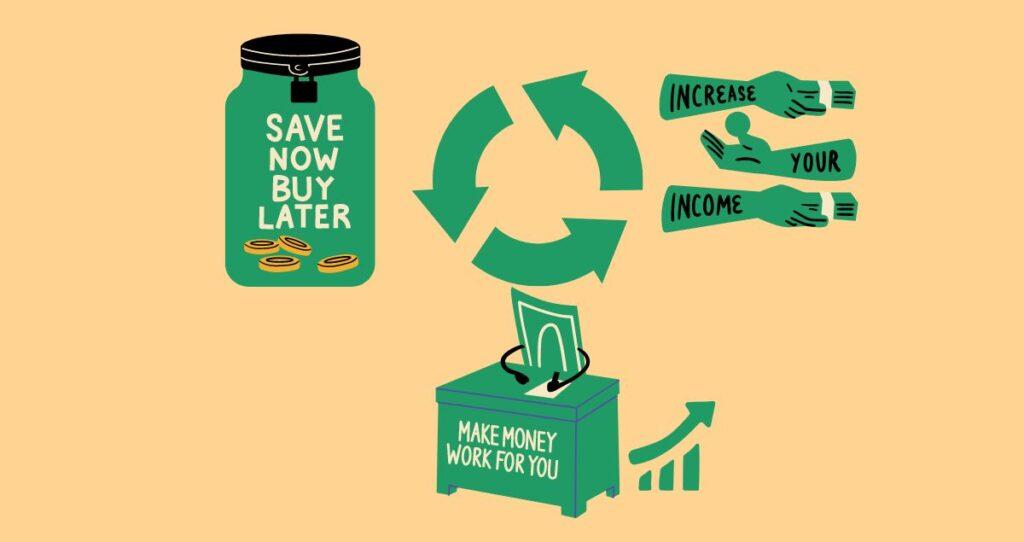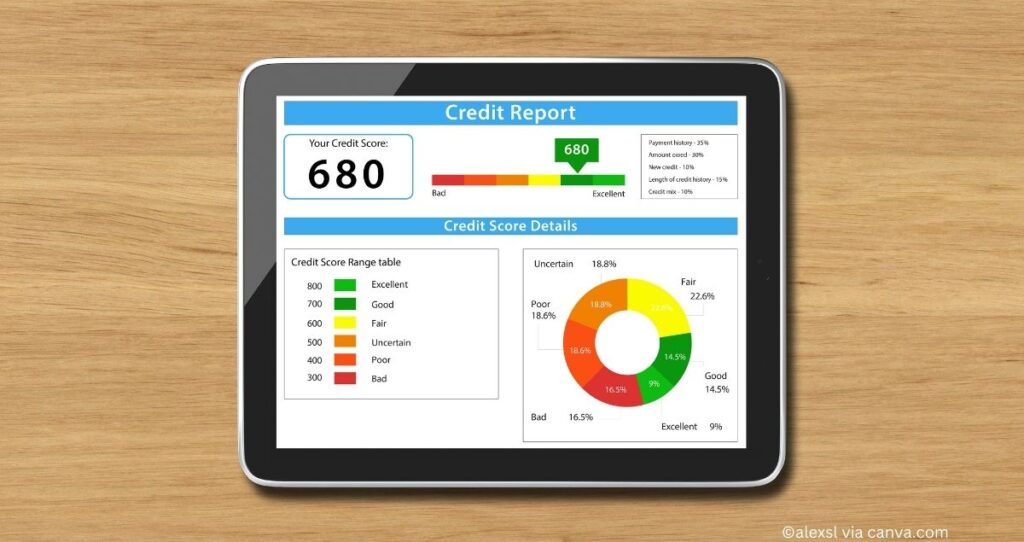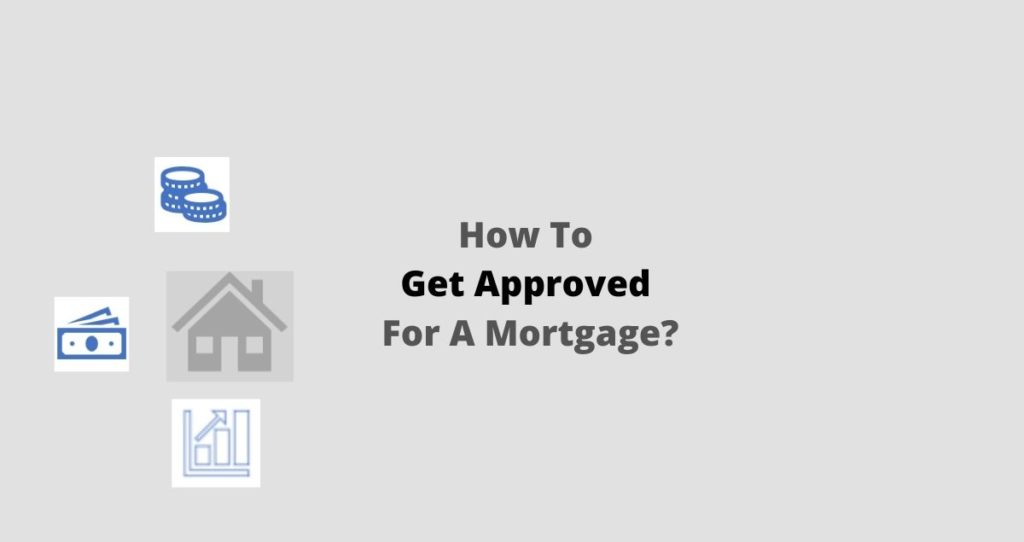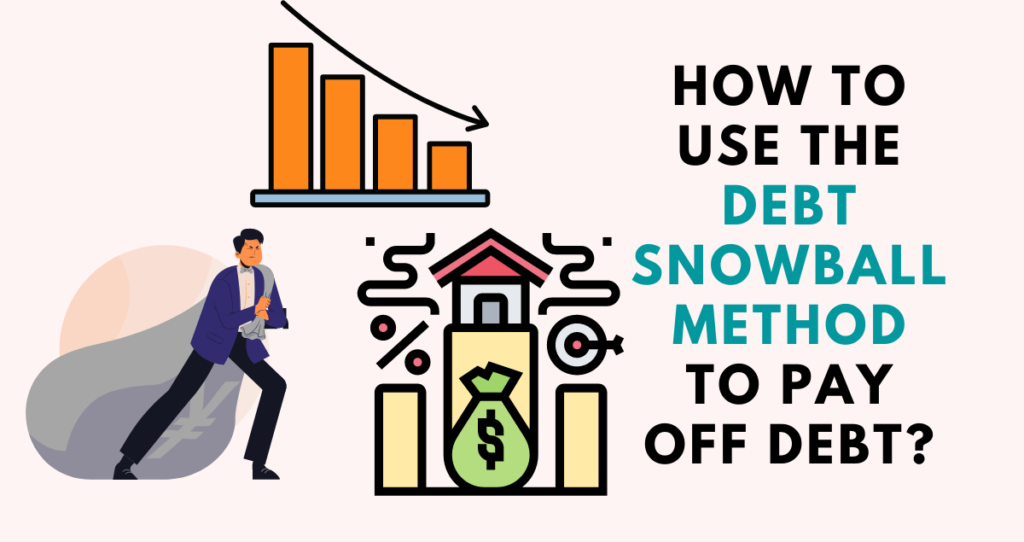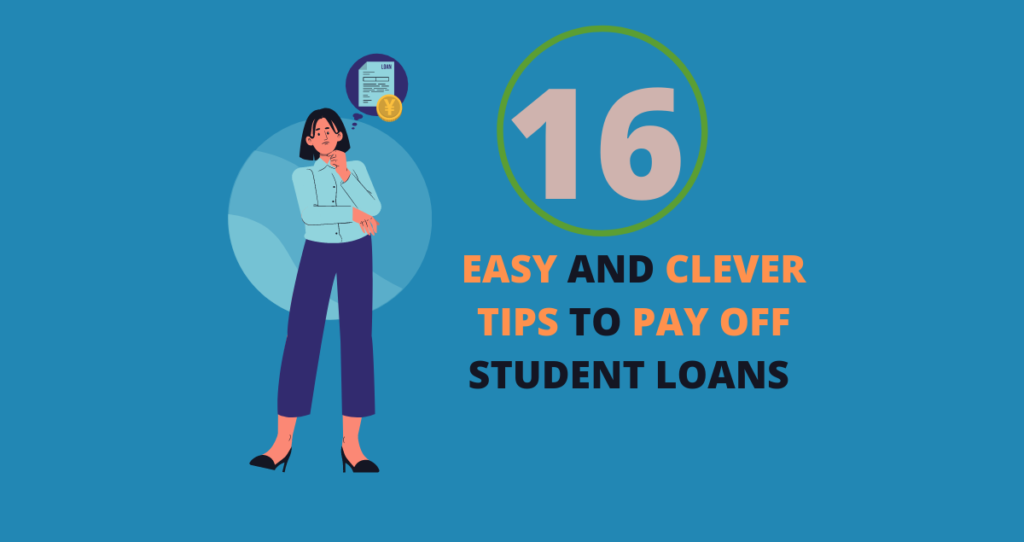When buying a house, you might be required to purchase a Private Mortgage Insurance, also known as PMI. Your lender will require a PMI when you don’t have the required down payment. The downside of paying private mortgage insurance is that it increases your monthly payment, making it harder to afford your loan. If you are looking for a house, there are money tips to avoid private mortgage insurance without compromising the quality of the home you buy.
Typically, private mortgage insurance costs between 0.5% and 1.5% of the total loan amount annually, which can be expensive. Your personalized rate depends on your credit score, loan amount, income, credit history, etc. So, how do you avoid paying mortgage insurance on your home purchase?
In this article, I will provide various financial tips on never paying private mortgage insurance, even if you have a low income.
What is mortgage insurance?
Mortgage insurance, also known as private mortgage insurance (PMI), is insurance homebuyers purchase when buying homes without enough down payment. This insurance protects the lender in case the borrower defaults on the loans. For example, you must purchase PMI if you get a conventional mortgage without a 20% down payment.
The lack of an adequate down payment indicates you are not financially fit. For this reason, lenders will be reluctant to give you money unless you get private mortgage insurance.
So, what are the best tips for avoiding private mortgage insurance (PMI) when purchasing a home? The following are the ten best ways to avoid paying mortgage insurance.
1. Take the time to save for the needed down payment
While it might take longer, saving for an adequate down payment is the best tip to avoid private mortgage insurance. This is because a higher down payment means you borrow less, resulting in affordable monthly payments and saving money on the house purchase in the long run. By default, a 20% down payment is required for conventional mortgages. Other types of mortgages may require different down payments. You must purchase a PMI to protect the lender if you don’t meet these requirements.
Before you start your house-hunting journey, ensure you have at least the minimum down payment requirement for the mortgage you will apply for. Remember that lenders are always willing to give you money no matter the circumstances as long as they are protected.
You, the borrower, should know your limit and borrow only what meets your financial needs. Save money first and borrow later, not the other way around.
Learn more: How to save for a down payment?
2. Borrow what you can afford to pay off
You might not like living below your means and borrowing based on your financial capacities. However, knowing how much home you can afford is an effective way to avoid paying private mortgage insurance. You can’t just go out there buying homes out of your reach simply because the bank approved you for a higher loan. You must still buy a hose that reflects your budget and financial goals.
Before you start looking for a house, take some time to investigate your financial goals and how the house you want to buy will affect these goals. Typically, it is best to create a budget and establish an upper limit on how much you can afford to spend on a house. A budget allows you to stay in a house you can afford, which is essential in avoiding private mortgage insurance.
If I have a $50,000 down payment and want to buy a house with a conventional mortgage, I can afford a $250,000 home or lower. What if I want to use $50,000 as a down payment on a $360,000 home using a conventional mortgage? In this case, I must purchase private mortgage insurance since the required down payment for a $360,000 home is $72,000.
Always remember that buying a house comes with overhead expenses in addition to your monthly mortgage payments. Furthermore, other expenses must be considered, such as property tax, homeowners’ insurance, food, maintenance, utilities, and much more. This is why you should create a budget before you buy a house to avoid private mortgage insurance and long-term financial stress.
Check out these home purchase budgeting tips.
3. Buy a cheap house to avoid private mortgage insurance
There is a big difference between having the required down payment and choosing to buy a much cheaper home that you need. This simple strategy can help you avoid expensive PMIs and save money on the house.
Most home buyers want to buy the best-looking house in a neighborhood. They don’t realize that the bigger and better the house looks, the more expensive it gets. So, they realize this simple money concept after falling in love with the house.
At this point, there is no going back. So, they start listing ways they will make the money necessary to afford the house. Some of them start using the following sentences.
- I love this house
- I will do anything to get this house
- We can borrow more money
- The lender said we qualify for it
- I will have a second job to get this house
- It is only a few thousand dollars
- We will be happy if we get this house
- I dreamt of this house
TIP: If a house is expensive before you buy it, it will get more expensive after you buy it. Always trust your budget, which should be made before you find a house, not after. You must also create a budget that allows you to buy the home that you need. For example, if you are a family of 2, it will not make financial sense to buy a 5B5B.
If you make a budget after falling in love with a house, it will not be realistic. It will be a draft you made to justify the affordability of the house. You don’t necessarily need to buy your dream house now. You can always buy a cheap house and upgrade later. However, buying a costly house and downsizing later is never a good idea. This is a great way to avoid mortgage insurance.
Check out the financial tips to avoid private mortgage insurance and save money.
- 11 clever ways to save money when purchasing a home
- 22 clever ways to live cheaply without feeling poor
- 37 Frugal living tips for beginners to save money
4. Refinance your house
What if you are already paying mortgage insurance? How can you avoid paying PMI in this situation? If this is the case for you, don’t panic. There are still ways to stop paying PMI even if you bought the house long ago.
A great strategy to avoid PMI on a house you live in is to refinance your mortgage.
Mortgage refinancing replaces an existing mortgage with a new one with a lower interest rate and favorable terms. It allows you to get a new loan and might allow you to drop the PMI. However, there are always costs associated with mortgage refinancing. So, if you are considering this route to avoid mortgage insurance, do your homework.
You must compare the cost of refinancing the house to the cost of your PMI. If you will save money in the process, then move forward with the refinance. Otherwise, it will not make sense to refinance your mortgage.
Do you want to know how to refinance your mortgage properly? Use my guide, depicted in the following article.
Learn more: How to refinance a mortgage step by step.
5. Get a VA loan to avoid PMI
A VA loan is a great way to avoid private mortgage insurance, as VA loans require no down payment for qualified veteran members. As noted by VA.gov, the borrower will not be required to have a down payment as long as the purchase price is not higher than the appraised value.
So, if you want to purchase your dream home without purchasing mortgage insurance and meet requirements, get a VA loan.
6. Pay the house with cash
Sometimes, borrowers choose not to spend their money on the house because they can easily finance the entire purchase with a loan. For example, you could fund your business idea instead of putting down the required amount. Unless you are investing, putting money down, or purchasing the house with cash, if you have it, it is a great way to save money and avoid private mortgage insurance.
Whatever your reasons are, you should always try to make enough down payment or buy the house with cash. If you have cash, pay the full price and move on. This will prevent you from going through mortgage applications, insurance, etc. In addition, the house will cost you less money due to no interest, mortgage insurance, closing costs, and mortgage insurance.
7. Find a lender with no PMI requirements
Don’t just find a lender who will give you money when shopping around. Also, find a lender accepting any down payment without private mortgage requirements.
Many lending institutions are willing to give you money without paying mortgage insurance. The biggest problem is knowing who these institutions are. One way to find out is to do a thorough research. You can always get answers as long as you search for it.
8. How to avoid private mortgage insurance: Get a piggyback Mortgage
Piggyback mortgages are second mortgages homebuyers take out to finance the same house simultaneously. That is, you will get two different mortgages to avoid mortgage insurance. As reported by SmartAsset, most lenders prefer the first mortgage to be 80 and the second mortgage to be 10%. This leaves you with a down payment of 10%. This kind of mortgage combination will be denoted as 80-10-10. Other combinations (80-5-15, etc.) are also possible depending on lenders’ terms and requirements.
You might also like the top 180+ most used real estate terms everyone should know.
9. Get a doctor loan/physician loan
If you are a medical professional and meet other requirements the lender sets, you can get a physician loan, a.k.a doctor loan. As noted by Rocket Mortgage, most lenders will waive the down payment and private mortgage insurance for new medical professionals due to the high debt they will be in when they graduate. Their debts increase their debt-to-income(DTI) ratio and make it difficult to qualify for money. Since lenders think that new medical graduates will make a lot of money after settling into their jobs, lenders waive their mortgage insurance and sometimes the down payment.
So, if you recently graduated from a medical field without much savings, you should get a physician mortgage to avoid private mortgage insurance.
10. How to avoid private mortgage insurance: Do not buy the house
If you don’t have enough down payment, wait a little longer. Postponing the purchase of a house will allow you to save for a down payment and prevent you from getting into a lot of debt. It would make sense to buy the house later than at a high cost. This will be a clever way to avoid mortgage insurance.
Failure to make a down payment indicates you are not ready to buy a house. That is why lenders require insurance in case you default on the loan.
More mortgage tips
How to pay off your mortgage faster?
